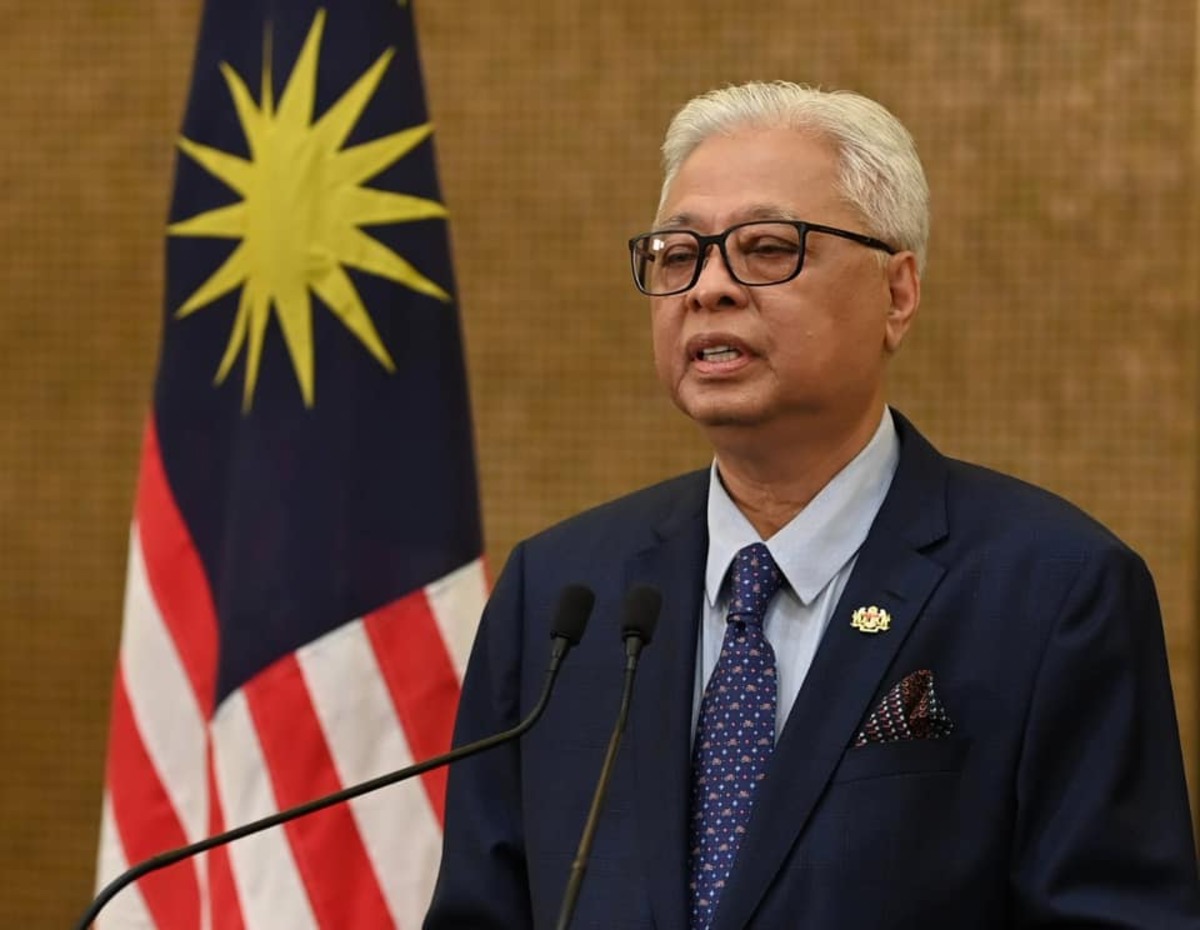KUALA LUMPUR, March 8 – Prime Minister Ismail Sabri Yaakob today declared the reopening of international borders and relaxed domestic Covid-19 rules starting April 1, despite increasing Covid-19 mortality and an epidemic that has yet to pass its peak.
According to the CovidNow site, Malaysia reported 55 Covid-19 deaths on February 28, based on seven-day averages, the highest in four months since October 31 at 57 fatalities.
With the Ministry of Health (MOH) mostly utilising home quarantine for asymptomatic or mild Covid-19 cases – monitored through the virtual Covid-19 assessment centre (CAC) – brought-in-dead (BID) cases have also started rising. Health Minister Khairy Jamaluddin said last week that 91 per cent of BID victims analysed between February 5 and 21 were not aware that they had Covid-19.
Eighteen BID cases were recorded last February 28, based on seven-day averages, a high of over four months since October 11 with 19 cases.
Yesterday, 223 Covid-19 patients were on ventilator support across the country, a three-month high since December 9 with 232 ventilated active cases.
Active Covid-19 patients in the intensive care unit (ICU) numbered at 368 nationwide yesterday, a near three-month high since December 20 with 379 cases.
Crucially, Malaysia’s Omicron wave has not yet peaked, as daily infections continue surging after a brief dip in the last four days of February, hitting 26,856 reported cases on March 7. The national test positive rate also soared from a low 2.6 per cent on January 10 to nearly 15 per cent on March 5.
A positive rate exceeding the World Health Organization’s (WHO) benchmark of 5 per cent indicates more positive Covid-19 cases that have not yet been detected.
A continued surge in infections will mean higher daily admissions, even if the vast majority of reported cases are initially diagnosed as asymptomatic or mild. More than 100 cases with severe Covid-19 in Categories Four and Five were reported every day in Malaysia from March 2 to March 7 (except March 6 with 95 severe cases).
Yet, Ismail Sabri announced that Malaysia would begin the phase of “transition to endemicity” on April 1. In contrast, when UK Prime Minister Boris Johnson dropped all remaining Covid-19 restrictions in England on February 21, the UK’s Covid-19 epidemic was already declining from its January 5 peak seven weeks prior. The UK fully reopened international travel on February 11 by dropping all tests for fully vaccinated travellers, as well as self-isolation on arrival for travellers who are not fully vaccinated. But the latter must show a negative Covid test taken two days before travel and take a post-arrival PCR test.
Restrictions Lifted April 1
Ismail Sabri announced that fully vaccinated international travellers – whether Malaysian citizens or foreign nationals – do not need to undergo self-isolation after arriving in Malaysia. They only need to do an RT-PCR test two days before departure and a professional antigen rapid test kit (RTK) within 24 hours on arrival, whether at the airport or outside.
“Foreign nationals with valid travel documents can enter and exit Malaysia without needing to apply for the MyTravelPass that will be eliminated,” he said.
Instead, they only need to download MySejahtera and complete the pre-departure form on the app.
Rules for unvaccinated international travellers will be announced by Health Minister Khairy Jamaluddin at a press conference tomorrow.
Travellers can use the vaccinated travel lanes (VTL) for countries that have not yet reopened their borders, such as Singapore. Malaysia is also due to announce VTLs with Thailand, Brunei, and Indonesia.
As for domestic Covid-19 rules, physical distancing requirements will be lifted in mosques, surau, as well as non-Muslim places of worship. Ismail Sabri added that state religious authorities would have the discretion on whether to maintain physical distancing rules in mosques and surau.
The prime minister did not specify if physical distancing rules would be lifted overall in all indoor or outdoor areas, or if mass events would be permitted everywhere.
The 50 per cent capacity limit for indoor events will also be lifted, but “reasonable” distancing should still be practised.
Eateries, including 24-hour ones, will be allowed to operate past midnight, based on their business licence.
However, Ismail Sabri did not specify if pubs, bars, or nightclubs would similarly be allowed to reopen; these premises were previously placed on the Negative List.
MySejahtera check-ins will be dropped for open spaces without mass gatherings, but MySJ Trace is required for entry into indoor premises.
Vaccine passes will no longer be required for interstate travel or to determine maximum capacity at workplaces.
Mask mandates in public areas will remain.








